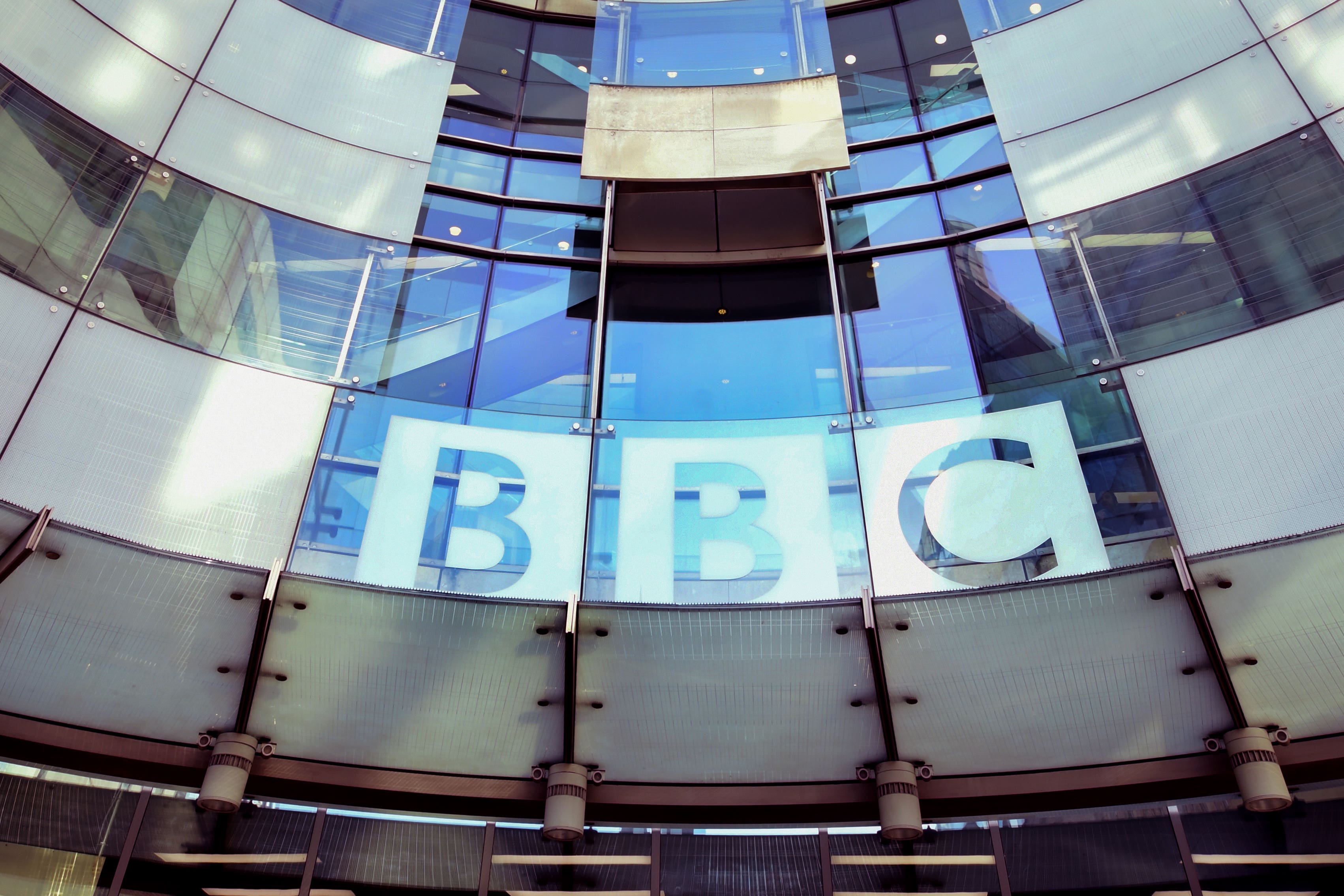Why is the BBC presenter not being named publicly?
The BBC is expected to meet the Metropolitan Police on Monday about the allegations.

The media is not reporting the name of the suspended BBC presenter who allegedly paid a teenager for explicit pictures through fear of defamation and breaching his privacy, media law experts have said.
Since news broke that a household name was at the centre of claims he paid more than £35,000 in exchange for sexual images, questions have been asked why the name of the BBC star has not been published.
Mark Stephens, media law expert and partner at Howard Kennedy, told the PA news agency that there was a big change to the way the media approached reporting after Sir Cliff Richard won a privacy case against the BBC over its coverage of a South Yorkshire Police raid on his home in Sunningdale, Berkshire, after he was falsely accused of historical sex offences.
This was further entrenched when the Supreme Court, the UK’s highest court, ruled that a person being investigated for a crime generally has “a reasonable expectation of privacy”.
The landmark Supreme Court judgment related to a breach of privacy claim by a US citizen known only as ZXC, who was the chief executive of a regional division of a company, referred to as X Ltd.
In the first case on the issue considered by the court last year, five justices dismissed an appeal brought by financial organisation Bloomberg over the publication of information about a person under investigation by a legal enforcement body prior to charge.
On Monday, Mr Stephens said that following the Sir Cliff Richard case “…what was decided was that while an investigation was going on, the balance between right to privacy and freedom of expression or the public’s right to know, favoured keeping things private.
“That is why the Sun and no other newspaper has identified the presenter, and part of that was to avoid this social media frenzy with names being bandied about.”
Over the years, several cases including that of ZXC and Sir Cliff have meant it has become much more difficult for the media to name people before they are charged with a criminal offence.
Mr Stephens said there is a second layer of privacy, which is the “contractual arrangement” between the BBC and its members of staff.
“If there are allegations of inappropriate behaviour, or any other kind of breach of employment practice, they should be investigated confidentially,” he said.
“That’s doesn’t matter whether you’re a celebrity or in the local office or on the building site, the same law applies.
“That’s why Tim Davie (the director-general), for example, didn’t know because the HR department weren’t allowed to tell him because he didn’t have a need to know at that point in time.
“The problem with the second layer (of privacy) is that because the BBC can’t identify the individual. It also means that they can’t defend their innocent presenters who are being named.”
We're now in this situation which is really unsustainable as people have pointed out, where if he's not named, and other presenters feel the need to come forward and say it's not them, then there's this 'who's who' game
According to BBC News, the corporation had been in touch with the Metropolitan Police and is to meet on Monday “to discuss the matter”, alongside carrying out its own inquiries and talking to the young person’s family.
Media law consultant Charlie Moloney said another aspect publishers will be considering when deciding whether to identify the star is defamation.
He said: “Clearly, this is the kind of allegation that would lower him in the eyes of right-thinking members of society and if you identify him, and you publish that, and he proves that that causes serious harm to his reputation – which I’m sure that we probably all agree that it would – then he could sue you for defamation.
“The only real defences here, firstly would be that it’s true, but the publisher who named him would have to prove that it’s true. They would have the burden of proof, which is not an easy thing to do, particularly in sexual offences cases.
“But of course, maybe they do have some evidence we don’t know about, but even pictures and things like that don’t necessarily prove everything.
“The other thing they could argue it’s in the public interest to report the allegations, but they would have to show that they’ve taken every possible step to verify everything and show that they reasonably believed what they were doing is in the public interest.”
Mr Moloney said it is not “free of risk” to publish the identity of the presenter and it is still a “huge story” without identifying him.
Following the allegations made over the weekend, there has been speculation over who the BBC presenter could be, with stars including Gary Lineker, Rylan Clark and Jeremy Vine among those who publicly stated they are not the presenter in question.
Mr Moloney added: “We’re now in this situation which is really unsustainable as people have pointed out, where if he’s not named, and other presenters feel the need to come forward and say it’s not them, then there’s this ‘who’s who’ game where eventually you just knock down who it isn’t, until you realise who it is.”
Bookmark popover
Removed from bookmarks